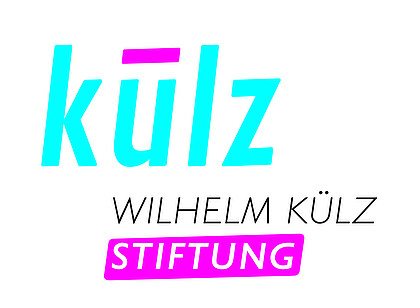Regional cooperation in tourism will be discussed at the Trilateral Dialogue - Germany, Czech Republic, Poland - on December 15.

Germany, the Czech Republic and Poland share a common cultural, social and economic area. The German-Czech-Polish border triangle has the opportunity to show what a vibrant Europe really means for its citizens. To achieve this, the real problems of the region must be tackled. Central issues in the border region were discussed in the format of three concise online debates: Energy, infrastructure and tourism. Even though the region is struggling with various structural challenges, there are also many opportunities that can be seized, be it strengthening the tourism sector or further developing the infrastructure. These opportunities, which offer the levers for regional cooperation, are the topics of the first trilateral dialogue format in Zittau, which was organized by the Friedrich Naumann Foundation for Freedom in cooperation with the Zittau/Görlitz University of Applied Sciences and the Wilhelm Külz Foundation.
The topic "Energy Security: Three Countries, Three Approaches" kicked off the three-part discussion series on December 3, 2021. While Germany is rapidly phasing out nuclear energy and coal, which is currently still an important economic sector in Lausitz, the Czech Republic relies on nuclear energy to achieve its climate targets. At the same time, Poland continues to focus heavily on coal as an energy source. The different approaches not only have an impact on the economic future of the three countries, but also on that of the three-country region itself. One thing is clear: energy policy could become an issue of conflict - or an opportunity for closer cooperation.
Taking part in the debate were:
Prof. Neumann (D) emphasized the need for mutual understanding and a European approach in order to efficiently shape energy security with energy resources in the future. In addition, he called for greater openness to technology in order to integrate ideas and technologies much more internationally and to link alternative energies by means of digitalization, as renewable energies are not infinitely available.
Prof. Kollmorgen (D) focused on the stimulating power of experiences from regional cooperation for international debates in order to tackle divergent positions and the issue of security of supply as a common problem in a regional context. Among other things, he referred to various Saxon initiatives and contacts with Czech and Polish partners - including from the Zittau/Görlitz University of Applied Sciences, which has a good network as a regional education player and is active in the region. Prof. Kollmorgen calls for these experiences and impulses to be incorporated even more strongly into European debates and for society to be more closely involved in the processes.
Radek Jirků (CZ) referred to the need for cooperative action and finding joint solutions for the future in the discussion on the Turow open-cast mine (PL). For him, this willingness to cooperate represents the change for the future in order to work together more closely not only regionally, but also internationally.
Marek Szolc (PL) underlined the cooperative approach and emphasized the effectiveness of regional cooperation from a Polish perspective. However, he sees a change in the mindset of political decision-makers in Poland as a necessary prerequisite for this.

The second part of the debate on infrastructure and transport took place on Monday, December 6, 2021. Logistics and transport are among the most important economic factors in the region and the focus was on the question: "How can cooperation on major infrastructure projects in the three-country region be promoted across borders?"
On 15.12.2021, we invite all interested parties to the third part of the debate on the topic of tourism with the following speakers:
The event will be moderated by Jenny Joy Schumann.
Here you can register!
You will receive the link to the event with your registration confirmation.

